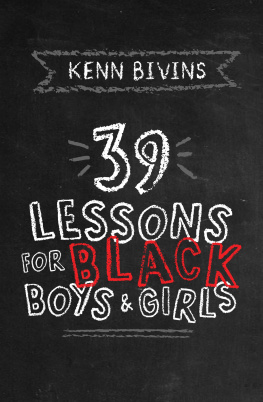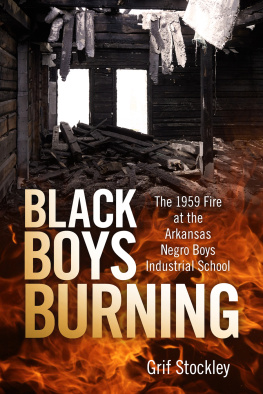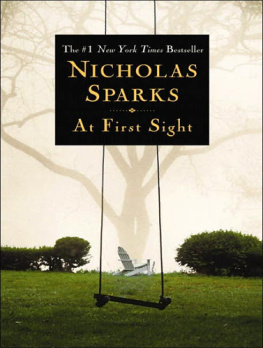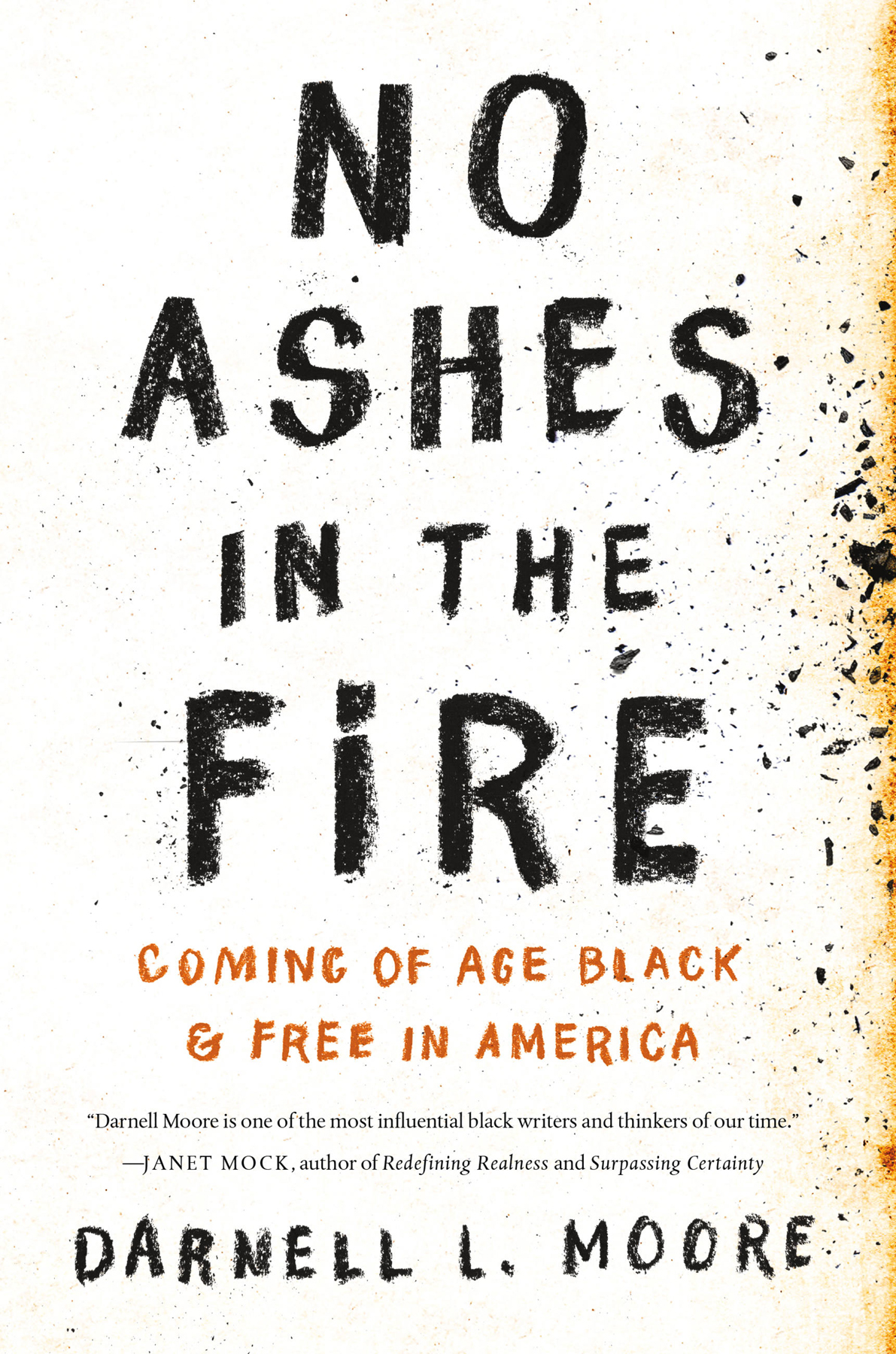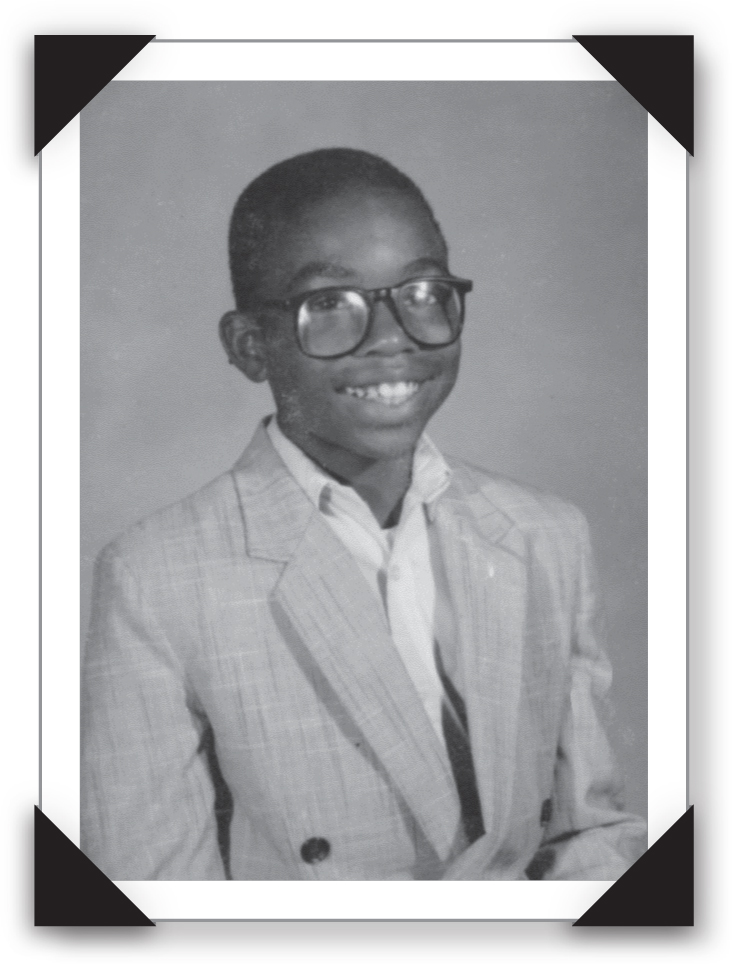Copyright 2018 by Darnell L. Moore
Hachette Book Group supports the right to free expression and the value of copyright. The purpose of copyright is to encourage writers and artists to produce the creative works that enrich our culture.
The scanning, uploading, and distribution of this book without permission is a theft of the authors intellectual property. If you would like permission to use material from the book (other than for review purposes), please contact permissions@hbgusa.com. Thank you for your support of the authors rights.
Published by Nation Books, an imprint of Perseus Books, LLC, a subsidiary of Hachette Book Group, Inc. Nation Books is a copublishing venture of the Nation Institute and Perseus Books.
The Hachette Speakers Bureau provides a wide range of authors for speaking events. To find out more, go to www.hachettespeakersbureau.com or call (866) 376-6591.
The publisher is not responsible for websites (or their content) that are not owned by the publisher.
Photos accompanying the Prologue and Chapters 1 through 8 courtesy of the author. Photo accompanying the Epilogue courtesy of Regina Langley.
Library of Congress Cataloging-in-Publication Data has been applied for.
Darnell Moore is one of the most influential black writers and thinkers of our timea beautiful, intentionally complex feminist activist writing liberatory futures. I cannot wait for the world to read No Ashes in the Fire.
Janet Mock, author of Redefining Realness and Surpassing Certainty
No Ashes in the Fire is part memoir, part social commentary. Darnell honestly tells his story with an intensity and passion that offers readers a deep understanding of a gay black male coming of age who open-heartedly claims his identity, and who embraces redemptive suffering. Ultimately, he reaches out to everyone with an inclusive love.
bell hooks
Darnell Moore is doing something weve never seen in American literature. Hes not just texturing a life, a place, and a movement while all three are in flux; Darnell is memorializing and reckoning with a life, place, and movement that are targeted by the worst parts of our nation. He never loses sight of the importance of love, honesty, and organization on his journey. We need this book more than, or as much as weve needed any book this century.
Kiese Laymon, author of How to Slowly Kill Yourself and Others in America
Radical black love is the major force for black freedom, as so powerfully embodied and enacted in Darnell Moores courageous book. From Camden, New Jersey, as a youth, to Brooklyn, New York, as an adult, Moore takes us on his torturous yet triumphant journey through racist and homophobic America. Dont miss his inspiring story!
Dr. Cornel West
No Ashes in the Fire is everything that is quintessentially Darnell Moore: brilliant, courageous, transparent, and wholly original. Moores masterful writing feels like equal parts soul music and gospel testimony. With this book, Moore positions himself as one of the leading public intellectuals of our generation. More importantly, he has written a text that will inspire, and maybe even save, many lives.
Marc Lamont Hill, author of Nobody: Casualties of Americas War on the Vulnerable, from Ferguson to Flint and Beyond
Darnell Moores No Ashes in the Fire is a searing, tender, and wise memoir. It is the captivating story of a man, a family, a community, and an age in the life of Black America in which old wounds and new possibilities meet at an earth-shaking crossroads. Moore is a reflective, contemplative, and instructive scribe. His are the words of an organizer, a social historian, and a fighter with a deep love for his people.
Imani Perry, Hughes-Rogers Professor of African American Studies, Princeton University
Darnell Moore reflects on what it meant to come of age during the bitter end of the 20th century. He maps the neoliberal political trends that collapsed cities like Camden, then blamed their demise on black children and their mothers. He unspools threads of intimate moments, locating his earliest memories of discovering desire for another boy. He recounts the violence that became the single story of his generation and deepens those annual murder rate statistics by raising the names and stories of the dead. He is in the radius as Hip Hop is born and considers its effect on posturing, on masculinity, on public joy. But mostly this is excavation workdigging past shame, conspiratorial family secrets. He is greatly served by the same curiosity that belonged to the smart, shy boy he was. As he navigates and collects memories, he unlocks closed doors that turned single rooms in a family home into silos of suffering. Healing and deep care is on the other side of this memory map, and it is a journey well spent.
dream hampton
Darnell L. Moores powerful and inspiring memoir No Ashes in the Fire speaks to the bittersweet struggle to reconcile sexuality, spirituality, and masculinity during the vulnerable years of youth when violence in its various ruthless forms threatens to shatter both body and soul. Honest and revealing, Moores sobering voice turns his unsettling truths into grace notes; his history of heartache into a poignant story of a hard-won triumph.
Rigoberto Gonzlez, author of Butterfly Boy: Memories of a Chicano Mariposa
In No Ashes in the Fire, Darnell Moore takes a single lifehis ownto prove the principle of intersectionality: the so-called issues wed like to push away from ourselves, those supposed other worlds we claim to only encounter on the news, are indeed the actual individual lives we lead. Moore shows us how he, and therefore each and every one of us, grapples with the myths surrounding sexuality, race, class, and loneliness. Or as Moore himself writes, I lost myself because I had longed so badly to be found. No one goes unscathed, but on the other hand, no one goes untouched. This is a book of experience and survival.
Jericho Brown, author of The New Testament
Our humanity is illuminated by our brokenness as much as it is by our capacity to put ourselves back together over and over again. To the men whose lives were shaped by the beautiful complexity that made them human: I have written this book in memory of you. George Lewis and Grafton Harrity, thank you for giving me life. I will remember you always.
S miles were not rare during my childhood. They were not hidden. But I would never have remembered the joy, emanating through my big grin, had I not returned to my mamas worn photos of me a few years ago.
Some of the pictures were baked by sunlight. I scattered them across my bed and looked at faded images of a thin black boy whose glasses rested on a head too big for his body, hiding eyes that were windows into a world more fantastic than the world he moved through. Long crew socks with colorful stripes covered scrawny legs that were gifts, and not only because they allowed him to run from bullies. He played hide-and-go-seek and rode Big Wheels over dirt mounds just as often as he would fold his body into itself when it was time to hide away.



